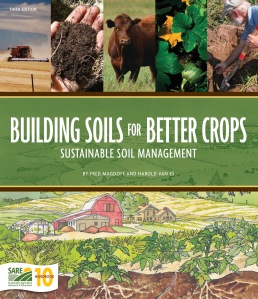
Lower IQ, adult obesity and 5% of autism cases are all linked to exposure to endocrine disruptors found in food containers, plastics, furniture, toys, carpeting and cosmetics, says new expert study
Scientists recommend against pregnant women and children using plastic containers for food, especially in the microwave due to endocrine disruptors.
Europe is experiencing an explosion in health costs caused by endocrine-disrupting chemicals (EDCs) that is comparable to the cost of lead and mercury poisoning, according to the most comprehensive study of the subject yet published.
Endocrine disruptors are chemicals that interfere with the human hormone system, and can be found in food containers, plastics, furniture, toys, carpeting and cosmetics.
The new series of reports by 18 of the world’s foremost experts on endocrine science pegs the health costs of exposure to them at between €157bn-€270bn (£113bn-£195bn), or at least 1.23% of the continent’s GDP.
“The shocking thing is that the major component of that cost is related to the loss of brain function in the next generation,” one of the report’s authors, Professor Philippe Grandjean of Harvard University, told the Guardian.
“Our brains need particular hormones to develop normally – the thyroid hormone and sex hormones like testosterone and oestrogen. They’re very important in pregnancy and a child can very well be mentally retarded because of a lack of iodine and the thyroid hormone caused by chemical exposure.”
After IQ loss, adult obesity linked to exposure to phthalates, a group of chemicals used in plastics, was the second largest part of the overall cost, with an estimated price tag of €15.6bn a year, according to the paper, which was published on Thursday in the Endocrine Society’s Journal of Clinical Endocrinology and Metabolism.
The study attributes at least 5% of European autism cases to EDC exposure, but Grandjean said the figure likely under-estimated the linkage, because of difficulties in measuring foetal exposure to chemicals after a child had been born.
“I would recommend that pregnant women and children eat organic fruits and vegetables and avoid using plastic containers and canned food, especially in the microwave, because containers are usually treated on the inside with substances and compounds that can leak into the tomato soup and may act as endocrine disruptors,” he said.
Continue reading “Health Costs Of Hormone Disrupting Chemicals Over €150bn A Year In Europe”








